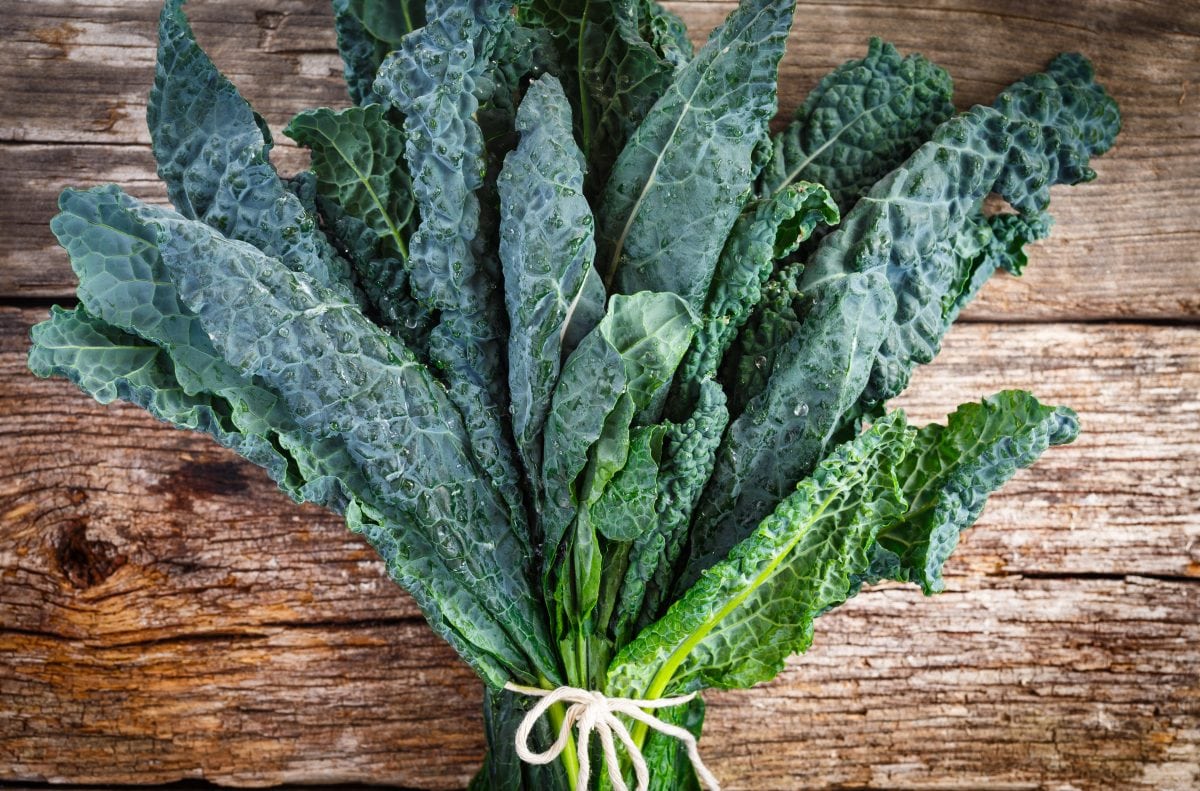No good deed goes unpunished. I recently saw a young patient who had a severe coronary blockage requiring a stent. It was a true “Aha” moment and he dramatically improved his nutrition, lifestyle and stress management. He is one of my favorite patients (I’m probably not supposed to have favorites, but I’m human). Not just because of what a nice person he is, but because of his clear commitment to improving his health.
Gone were the processed foods and added sugars. They were quickly replaced by veggies, fish, healthy fats (including nuts and nut butters), and a clear focus on real foods. Not to mention his dediction to exercise and stress management. He re-examined his life, and revitalized his health.
Then it happened. Kidney stones. Ouch.
It turns out, some people absorb more oxalate from certain foods than others. Too much oxalate in your system can lead to calcium oxalate kidney stones (far and away the most common type of stone. Even though calcium is in the name, the oxalate is the more concerning component). Some of the biggest duetary offenders are spinach, beets and nuts.
As part of his real foods, veggie-based eating pattern he was consuming spinach and nuts every day. Ordinarily that would be fantastic! But not if you form oxalate stones. Oops.
The good news is, there are plenty of healthy veggie options that do not cause increased oxalate absorption. Some of the best greens for this are lacinto kale (also called dino kale), collard greens, and mustard greens.
Other low oxalate examples are broccoli, cauliflower, asparagus, Brussel sprouts
cabbage, zucchini, mushrooms, onions and peppers.
Last, taking more than 500mg of vitamin C has been implicated in increased oxalate production and should be limited.
Conclusion:
Don’t throw away your spinach or your almonds!
Most of us will do just fine eating spinach, nuts and taking vitamin C. However, for those few of us who are prone to forming calcium oxalate kidney stones, it makes sense to limit these foods and instead focus on the wealth of other healthy options listed above.
Do you have questions regarding your healthy lifestyles and your health? Let us know, info@DrBretScher.com
Thanks for reading
Bret Scher, MD FACC
Cardiologist, author, founder of Boundless Health
www.DrBretScher.com


